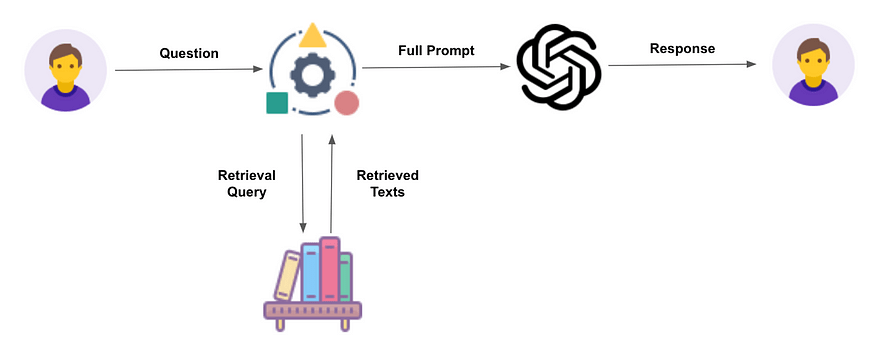As schools close to prevent the spread of COVID-19, millions of children are left with no choice but to pursue their studies at home. Online classes and online tutoring have become the norm. We?re now seeing kids as young as 5 years old on their laptops, trying so hard to absorb lessons from teachers who are miles away.?
While students have already adjusted to this so-called ?new normal?, we shouldn?t turn a blind eye to how it affects our child?s wellbeing, especially their mental health. Poor internet connection, slow laptops, distractions, failure to grasp information online, workloads, lack of work-life balance, lack of motivation, and COVID-19 anxieties ?all these can be too much for a child to bear.
Support your child?s mental well being today. We suggest 9 steps you can take.
Allow them to take breaks from screens
Your child is exposed to screens from morning to noon, and oftentimes until sundown. Encourage them to take a break from the screen time whenever possible. Practice the 20-20-20: Let them take their eyes from the screen every 20 minutes, for 20 seconds, looking at an object at least 20 feet away.
Maintain a ?balanced diet? of media consumption
Does your child watch TV or YouTube during their downtime? If so, what are the types of content they watch? Richard Gallagher, Ph.D., associate professor in the Department of Child and Adolescent Psychiatry at NYU Langone, recommends curating a good, balanced mix of the media they consume.
While passive observation and watching of content can be relaxing, it?s not recommended to let your child?s mind go numb by consuming nothing but content that doesn?t require thought. Your child?s media consumption should be varied, with some of the content uplifting and thought-provoking while others silly, entertaining, and lighthearted.
Encourage physical exercise and extracurricular activites
If possible, leisure time shouldn?t be limited to television, books, and other media that require them to absorb lots of information. A good portion of leisure time should be active, both physically and mentally.
Keep your child physically active each day by encouraging taking walks, swimming, cycling, hiking, and playing outdoor sports. Make it a habit to go outdoors to breathe in some fresh air and see natural landscapes, plants, and animals. Physical activity allows them to sleep better and be calmer.
Similarly, allow them to do their hobbies and extracurricular activities, like arts and crafts, music, creative writing, and other interests.
Be organized
School works are stressful in itself, but they?ll get even more time-consuming and frustrating if everything?s all over the place, from their worksheets and resources to their daily schedules.
Get organized and create a structure. Print all of their worksheets for the school year. Have an established location where they can find their resources. Help your child plan their study days and leisure days. If possible, stick to a routine.
Give them a dedicated, distraction-free study area
Adults who are working from home know exactly how hard it is to concentrate when several distractions are present. Now, put yourself in your child?s shoes and try to absorb a lesson while there are barking dogs, kitchen noises, and chatters. Not to mention, it?s quite a challenge to transition into school mode when you have a cluttered dining table for a desk.
Designate a study area that?s far from distractions. Know your child?s class schedules and try not to barge in while they?re in the middle of a class or while they?re doing their assignments. Lastly, encourage them to comfortably transition from their ?school self? and ?home self.?
Engage yourself in their learning process
If there?s a silver lining in these virtual classes, it?s the opportunity to be more hands-on. You can now see your child?s progress and difficulties better unlike when they were in a face-to-face class.
At the end of their sessions, have a brief discussion about what they learned today and provide more insights about those topics. Similarly, discuss the things they struggle with and work together to make it easier to digest.
Maintain open communication
Asking ?how?s school?? and ?how are you keeping up?? is now more important than ever. Find the time to ask them about their day, what the lessons are all about, and if they?re having any difficulties, be it school-related or personal. Lend an ear when they?re venting out the things that make them upset so you can offer possible solutions.
Acknowledge their fears and uncertainties
Aside from talking about school, do something to address their current stresses and anxieties. Accommodate questions about the COVID-19 crisis and provide rational explanations from reliable sources. Manage their pandemic-related anxieties, especially the ones involving school return and the future. Present them with facts but reassure them that our situation isn?t permanent and things will eventually go back to normal.
Give them a social support system
A strong social support system is vital to fostering mental wellness. Next to reassuring your kid that you?ll always be there to comfort them, it can be helpful for them to have other sources of social support.
For instance, make sure they stay connected with their peers. Encourage text messages and chats, and video calls, video games, and other forms of digital gatherings so they can keep in touch with their friends.
Author Bio: Carmina Natividad is a daytime writer for Inflow Education Tutoring Sydney, a tutoring organization in Sydney, specializing in Math and English Tutoring. She enjoys writing practical tips on education, parenting, family, and relationships.










